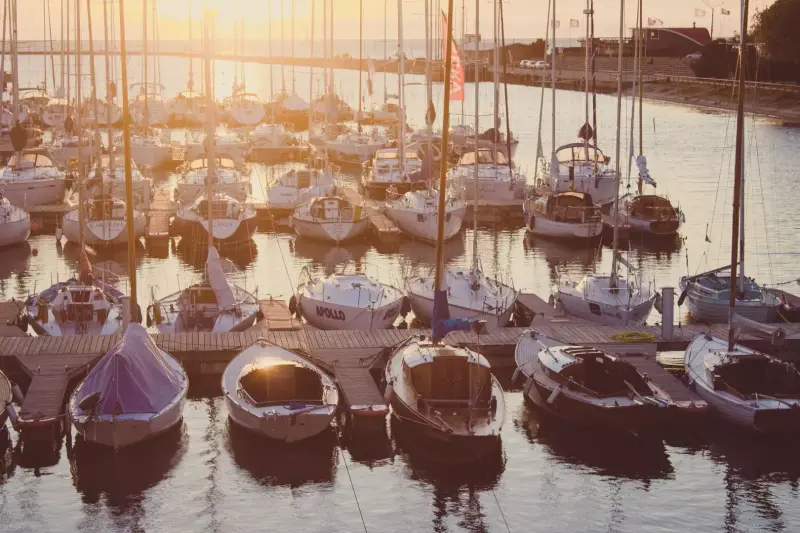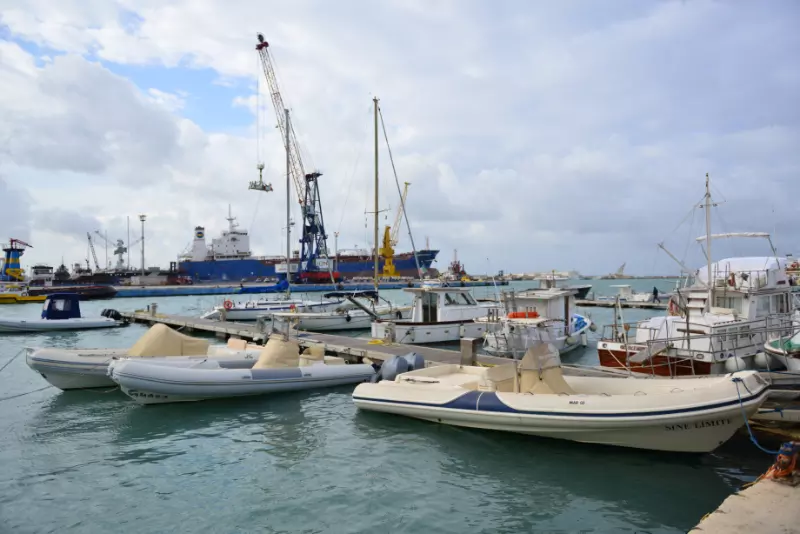Are you asking: do boats get damaged easily? We look at how easily do boats get damaged.
Boat surveyors Surrey Offer marine surveyor services in Surrey or the surrounding areas. Find out more about common causes of boat damage.
How easily do boats get damaged?
It's an unfortunate side of owning any vehicle that suffering damage is a common occurrence. Regardless of the type or size of the boat you operate, the chances are you're going to have to deal with a damaged hull at least once.
From strong weather, breaking waves and rough seas to other boat owners, there is no shortage of reasons for your boat may become damaged. Even experienced sailors and boat owners can damage their vessels from time to time, so you should be prepared for this eventuality. Part of this preparation is minimising the severity of the damage your boat's hull will have to endure, protecting it for the future.
One of the best ways to do this is to take out a boat insurance policy. This will help reduce the financial impact of any damage your hull receives. After this, you can familiarise yourself with the most common types of damage boat hulls generally suffer. Being aware of the most common hazards will help you keep an eye out for them and, hopefully, avoid them.
Most Common Causes of Boat Damage
To give you a better idea of what to look out for regarding boat hull damage, we'll take you through the most common types of damage boats usually suffer. Keep an eye out for these when you are sailing or boating, as it will give you the best chance of avoiding them.

Submerged Objects
Submerged objects are responsible for around 30% of all marine insurance claims made against boat damage. Storms can throw your boat around while at its mooring, potentially into unseen objects below the water's surface. Boating in shallow waters also increases your risk of hitting submerged objects, such as sandbars or broken pieces of dock timber.
Depending on the type of object you hit and how fast you are going when you do, there's no telling the amount of damage it can cause. In most cases, damaged hulls will start to leak, allowing water to seep into your boat.
This can lead to further issues, such as mechanical failures or, in serious cases, cause your boat to sink. Therefore, it's always best to keep your eye on the water around you when boating or sailing. There are certain locations you can boat or sail where colliding with submerged objects is more likely. These include the following:
- Shallow waters, like rivers
- Ports or marinas where construction has recently taken place
- Areas that have recently experienced storms
Alongside keeping your eyes peeled, keeping a keen ear on your radio for warnings from other areas nearby can help you avoid trouble. If the worst happens and you do hit a submerged object, immediately check for damage, leaks, smoke and oil spills
Make your way slowly back to your mooring, or make a radio call for help if necessary. Once safely back at the dock, repair any hull damage before setting sail and taking your boat out on the water again.
Dock Rash
Your vessel can even become damaged when you aren't out boating or under sails. While moored at the dock, your boat's hull can rub against the timber, piling, floating debris or even other boats.
In terms of the damage dock rash can do, it can range from a few small scratches in the paintwork to structural damage and even affect other internal parts of your boat through the transferred force. If you find water seeping into the interior of your boat due to dock rash, you may need extensive repairs.
If the water has damaged any electrical wiring, components or wooden fixtures, you should repair these too. You can use several devices to prevent dock rash, depending on the type of boat you own, its size and the water conditions you moor it in. These include fenders, mooring whips and bumpers, which offer basic but effective protection.
Collisions
Direct collisions with other boats tend to cause the most damage to your boat's hull, compared to dock rash and hitting underwater objects.
If you notice you are veering too close to another vessel or they are moving too close to you, change your course as quickly and as safely as you can. Adhering to speed limits and being mindful of other boaters or sailors nearby is the best way to avoid serious collisions.
Extreme Weather
Thankfully, we don't see much extreme weather here in the UK, like hurricanes or cyclones. However, we do see our fair share of storms, hail and snow, which can all cause damage to boats moored at docks or marinas.
Ensuring your boat is securely moored wherever you store it is an effective way to keep things steady in bad weather. However, storing your boat ashore in a dry storage area is the best way to avoid storm damage altogether. Remember to properly support your vessel with jack stands that are chained together when ashore.

How long do boats last?
You may have seen boats that have been through several generations of owners, while others will only last a few years before retirement to the salvage yard. This can seem a little confusing when determining how long a boat will typically last.
However, a vessel will last between 10 and 20 years on average before eventually needing to be replaced with a new boat. You can extend this average lifespan with responsible boat ownership and regular maintenance.
This is the crucial point - so long as you take good care of your boat, it can last as long as you need it to. Another of many key factors determining how long a boat will typically last is the hull's construction. But which materials last longer than others?
Aluminum Boat Durability
Aluminium boats are incredibly popular for a number of reasons, two of the most crucial being that aluminium hulls are far cheaper than alternatives, such as fibreglass, and they are much lighter than these alternatives too. Since they are lightweight, you can tow larger aluminium boats effortlessly and power them with smaller, more affordable motors and engines, meaning you'll also pay less for fuel.
However, while their weight has a lot of benefits, there are also negatives. For example, aluminium vessels sit higher in the water, meaning they are easily pushed around by strong weather and rough water. Therefore, they are more popular for those needing smaller vessels, as bigger aluminium boats can be hazardous in bad weather.
Since smaller aluminium boats are more popular, you're unlikely to find any out at sea or in other larger spaces of saltwater compared with more robust and larger types of boats. However, this lack of saltwater exposure means aluminium boats will typically last longer since they experience less corrosion and harsh conditions, such as rough seas.
Fiberglass Boat Durability
Fibreglass is a popular hull material for large yachts and small boats alike. However, they cost more to construct and are much heavier than their aluminium counterparts.
Most sailors and boat owners agree that fibreglass ship hulls look much more appealing straight out of the showroom, given that the material can be finished to high standards and can take paint much better than aluminium hulls.
You can even add a protective gel coating to fibreglass hulls to ward off any serious damage.
This makes fibreglass boats more popular for saltwater boating since they can also be constructed to handle rough sea conditions during ocean voyages.
However, because owners can subject their fibreglass boats to rougher conditions, this usually means they don't last as long as aluminium ones.

Wooden Boat Durability
Wood isn't as popular as it used to be for constructing boat hulls, especially for mass-produced craft. One section of the boating community that still likes wooden hulls is the DIYers. This is because wood is an easy material to work with and can be relatively affordable, depending on the variety you choose.
However, wooden hulls need almost constant maintenance, from repainting to repairs. Some of the wooden boards and deck timber will also need to be replaced over time since it is prone to rot through moisture exposure.
Are you looking for a boat surveyor near you. Follow the links below to contact our marine surveyor for Surrey and South England.

